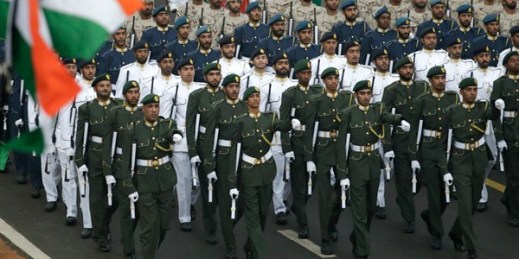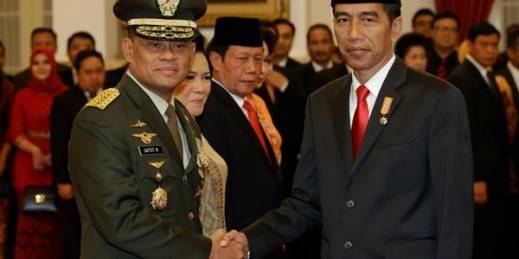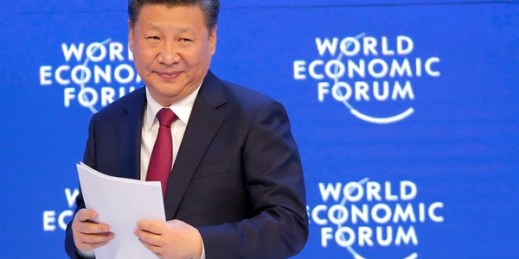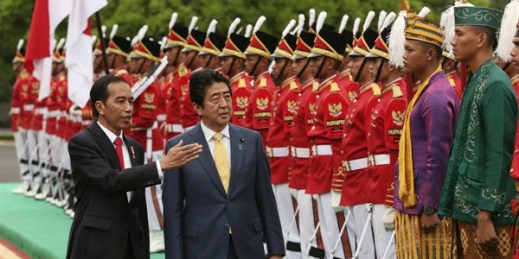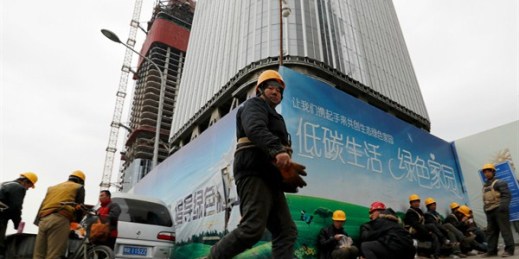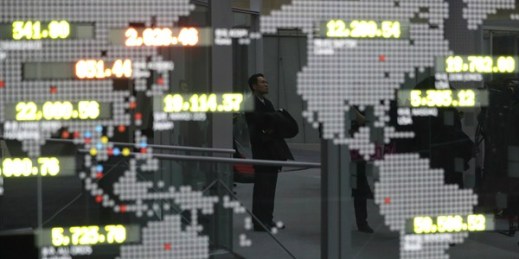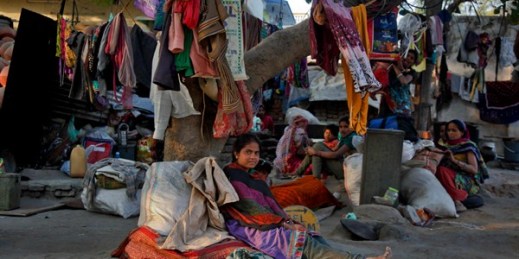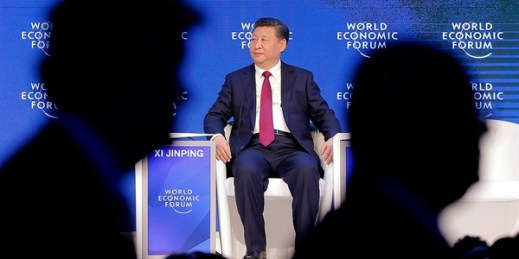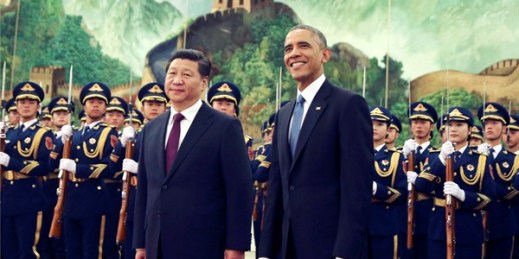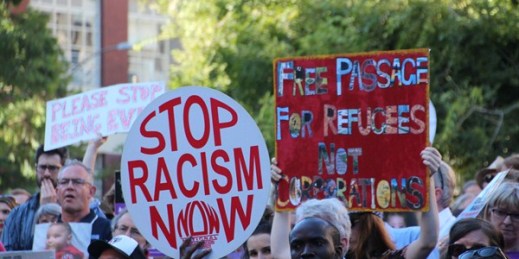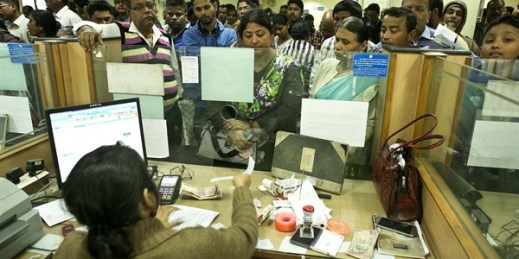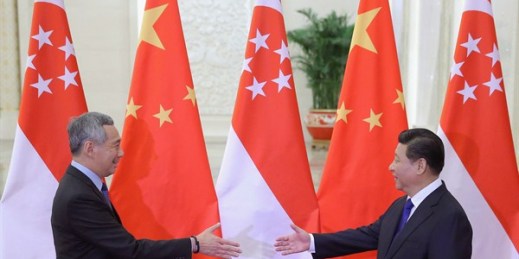
Last week, Hong Kong agreed to return nine armored vehicles to Singapore that had been seized in November while in transit from Taiwan, where they had been used in joint military exercises. The decision ends a diplomatic row that brought relations between China and Singapore to a low point. In an email interview, Lieke Bos, a project officer at the Royal United Services Institute, discusses Singapore’s ties with China. WPR: What is the nature of relations between Singapore and China, and what are the main areas of cooperation? Lieke Bos: Relations between China and Singapore have been relatively stable ever […]

